How accurate are breathalyzer tests?
Almost everyone in Encino (whether they do or do not drink) recognizes the number .08 as being the threshold for one’s blood alcohol content in order for him or her to be considered legally drunk. That knowledge has no doubt come from the various advertisements released through popular media showing law enforcement officers performing roadside breath tests. Yet have you ever wondered exactly how accurate breathalyzer devices truly are?
Law enforcement officials may have you believe that they are failsafe, and that any reading above .08 is ironclad proof that you are too intoxicated to drive an automobile. That is the reason why such a measurement virtually guarantees that you will be arrested for DUI after registering that reading at a checkpoint or after having been pulled over. There is a reason, however, that a confirmatory blood test is later taken to prove your BAC. The question is how big is the discrepancy between those results and a breathalyzer reading?
Research data shared by the National Motorists Association shows that breathalyzer readings can have up to a 50 percent margin of error when compared to your actual BAC. That means that registering a reading of .08 could actually indicate that your BAC could be as high as .13, or as low as .03.
If you do produce a lower measurement in a subsequent blood test, some may argue that it simply means your body has metabolized the alcohol. However, such a wide margin of error could help you in arguing that your BAC may not have actually been above the legal limit at the time of your arrest. While this information should not be considered to be legal advice, it may help in influencing your decision as to whether or not to refuse a breathalyzer test.


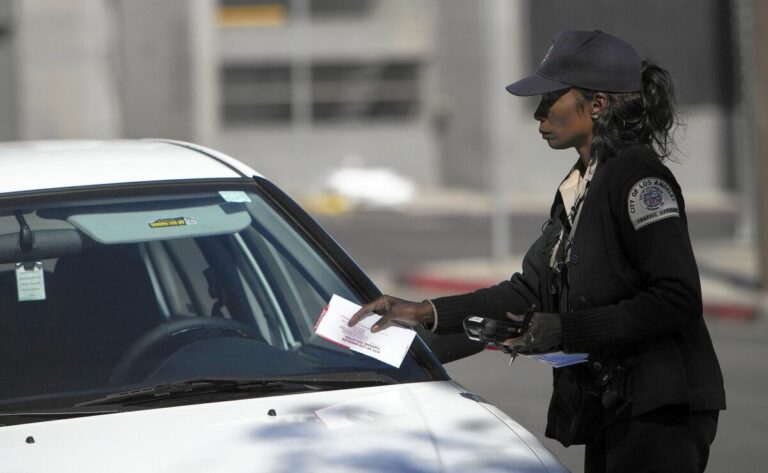
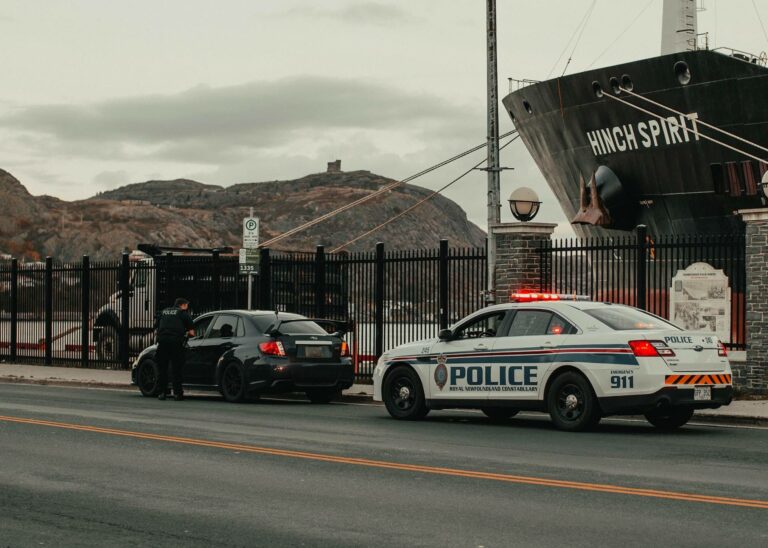
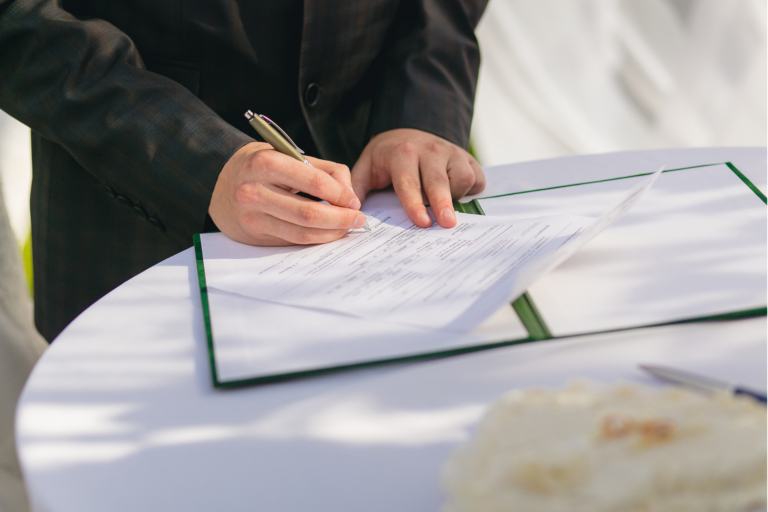
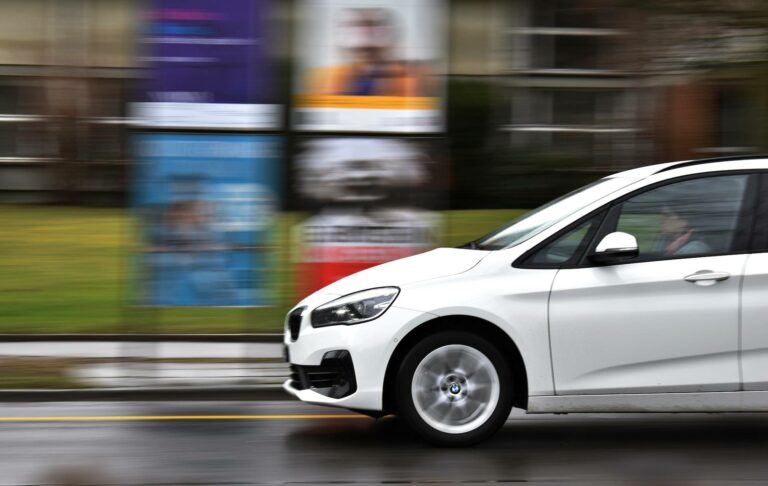
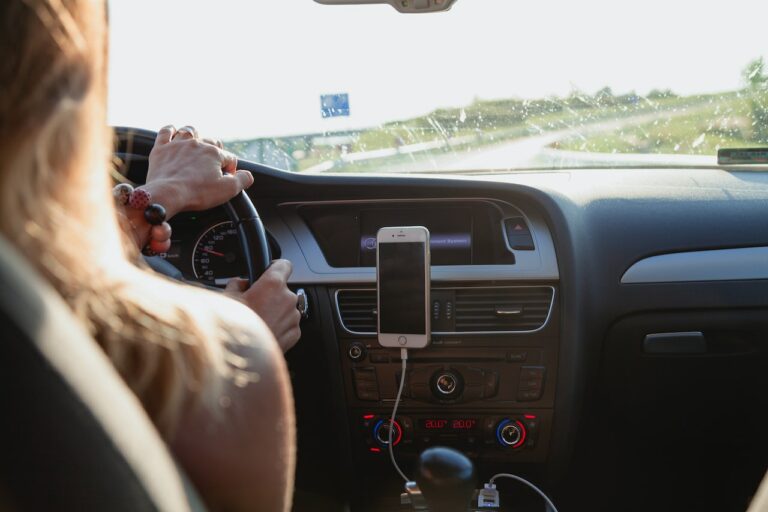
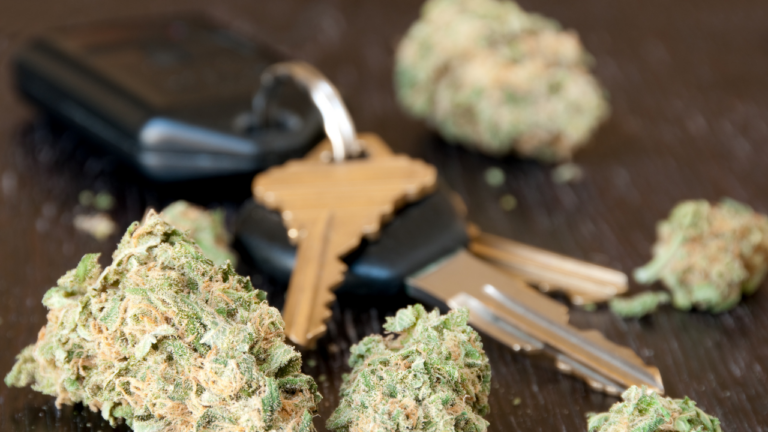
Thank you for your sharing. I am worried that I lack creative ideas. It is your article that makes me full of hope. Thank you. But, I have a question, can you help me? http://gate-io-withdrawal-issues.cryptostarthome.com